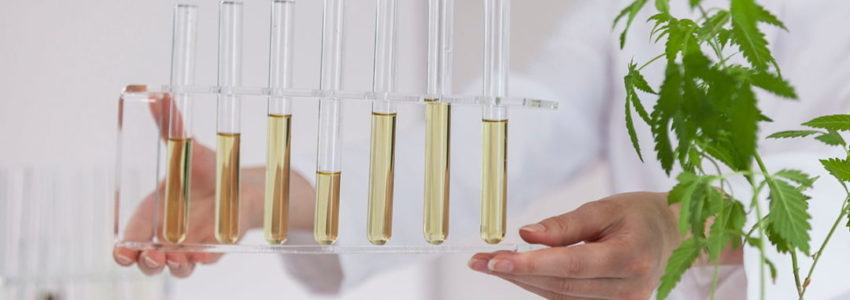How Are CBD Products Tested?
As CBD products become more and more popular, quality testing is emerging as a major issue. It’s important to standardize the quality level of these products, and a system is emerging that comprehensively tests all of the major manufacturers, including Vitagenne.
Start with the importance of third-party testing. It’s vital to eliminate bias—this allows users to get a true idea of the purity, quality and potency of whatever CBD product they’re buying.
This is why good manufacturers are often paying for this kind of testing. They’re seeking out quality labs, largely because they know this level of testing is essential to their future.
The results are often displayed, too. CBD companies list these results on their websites, and the better ones use the results as advertising tools to tout the quality of their products.
So what do these labs test for? Start with a complete cannaboid profile, which specifies the concentration of the different kinds of cannaboids contained in the product.
They also verify the THC level. The last thing these companies want is for that level to become psychoactive, and many users don’t want to get any kind of a “high” from the products they buy.
Terpene profiles are important, too. These compounds give the plants their characteristic smell, and they provide a variety of therapeutic benefits of their own.
It’s important to know that terpenes will usually only show up in full-spectrum products, since they’re usually removed with products based on CBD isolates.
Another test that’s part of the process is to detect heavy metals. Cannabis will pull these metals from the soil, and they will often be concentrated in the stems and leaves. Contamination is the potential issue, obviously. Heavy metals can cause inflammation and harm cell structure, so its important to rule out their presence in the final product.
Organic solvents are also part of the test process, but testing for these compounds is becoming rarer because companies are using them less and less in the manufacturing process. Solvents have been replaced by supercritical CO2, which is much safer and more efficient when it comes to extraction.
Still, the tests for organic solvents haven’t disappeared yet, and it’s important to see that they’ve been eliminated from the manufacturing process.
The final item in the test process is biological contaminants. Products from companies like Vitagenne will also be tested for these compounds, the idea being to eliminate the possibility of triggering an allergic reaction.…
